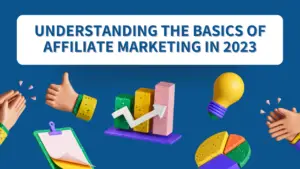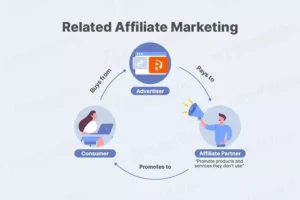How to Start an Online Store to Sell Products or Services

How to Start an Online Store: A Step-by-Step Guide for Success
How to Start an Online Store – In today’s digital age, starting an online store has become an accessible and lucrative endeavor. Whether you’re an entrepreneur, a creative artist, or a small business owner, the online marketplace offers a platform to showcase and sell your products to a global audience. This comprehensive guide will walk you through the essential steps to successfully launch your own online store.
How to Start an Online Store

Introduction
The world of e-commerce offers unparalleled opportunities for aspiring entrepreneurs to turn their passion into a profitable venture. With the right strategies and execution, you can create a successful online store that caters to the needs of your target audience.
Choosing Your Niche

Identifying Your Passion and Expertise
Select a niche that aligns with your interests and expertise. This will not only keep you motivated but also allow you to provide value to your customers.
Market Research and Validation

Identifying Your Target Audience
Understand your potential customers’ demographics, preferences, and pain points. This knowledge will shape your product offerings and marketing strategies.
Analyzing Competitors
Study your competitors to identify gaps in the market and potential areas for differentiation. This will help you position your online store effectively.
Selecting a Business Model
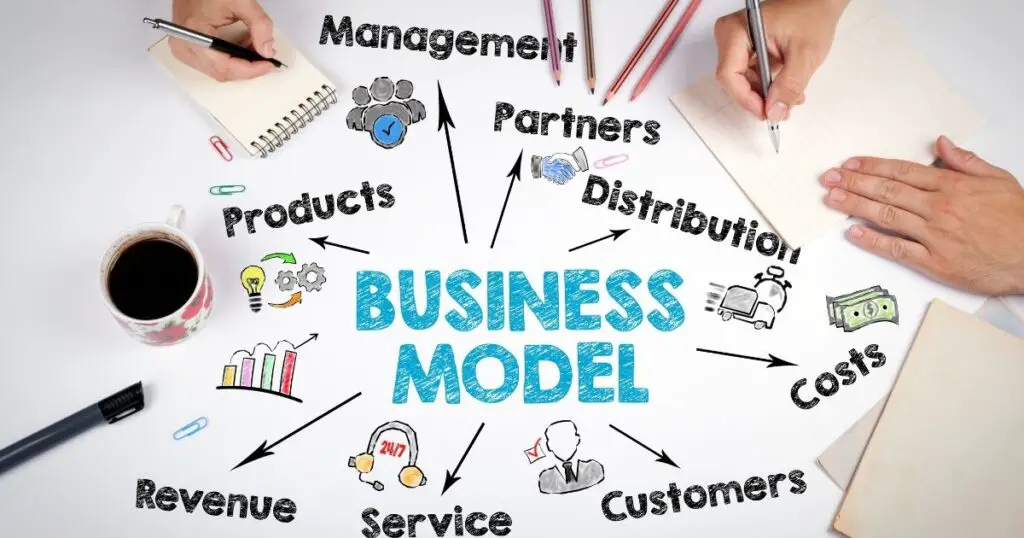
Dropshipping
Consider dropshipping if you want to start with minimal upfront investment. With this model, you don’t need to hold inventory; products are shipped directly from suppliers to customers.
Inventory-Based Model
If you prefer more control over product quality and shipping, an inventory-based model allows you to manage your own stock and fulfillment.
Picking the Right E-Commerce Platform
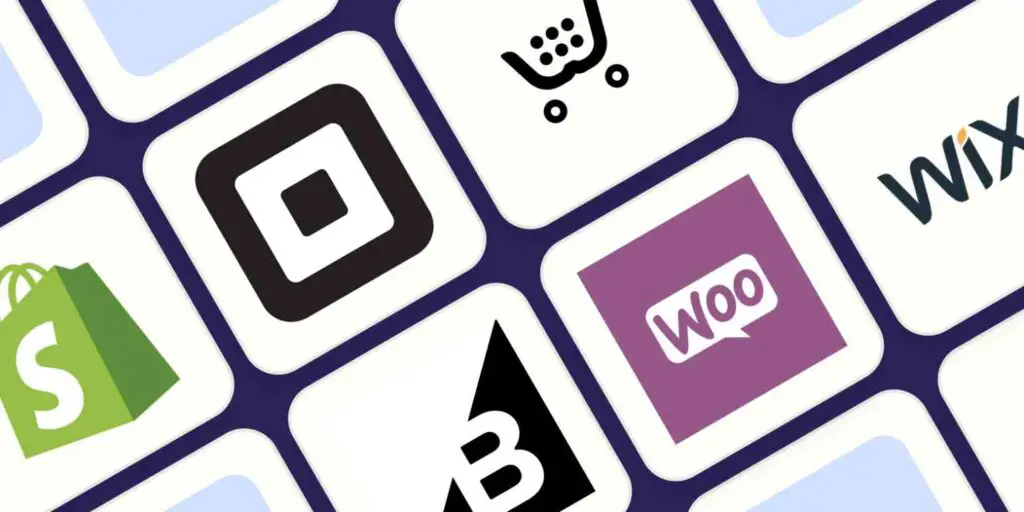
WooCommerce
WooCommerce, a plugin for WordPress, is ideal for those who want customization and control over their store’s design and functionality.
Shopify
Shopify offers an all-in-one solution, making it user-friendly for beginners. It provides hosting, security, and a range of templates.
BigCommerce
BigCommerce is known for its scalability and built-in features. It’s suitable for growing businesses with larger inventories.
Designing Your Online Store
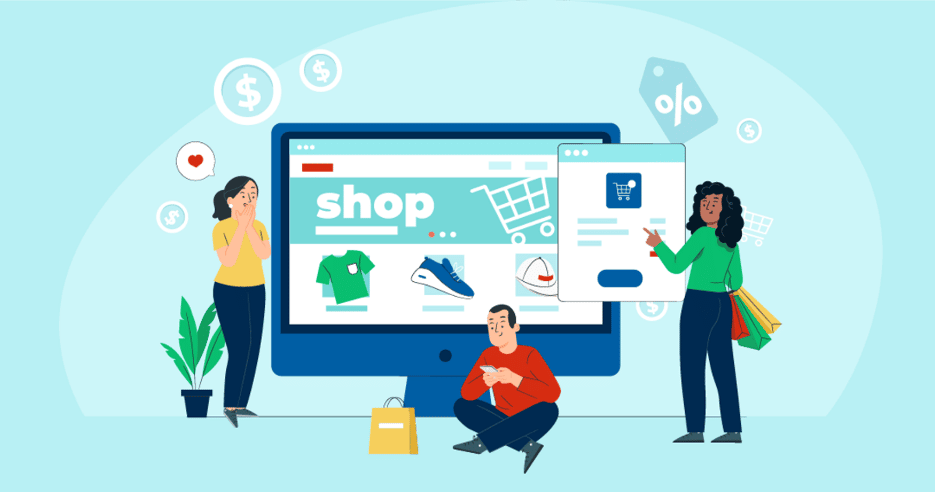
User-Friendly Navigation
Create an intuitive navigation structure that makes it easy for visitors to find products and information.
Mobile Responsiveness
Optimize your store for mobile devices, as a significant portion of online shoppers use smartphones to browse and shop.
Sourcing or Creating Your Products

Finding Reliable Suppliers
If you’re not creating your products, research and collaborate with reputable suppliers to ensure product quality and timely delivery.
Crafting Unique Products
If you’re creating your products, focus on uniqueness and quality. Highlight what sets your products apart from competitors.
Setting Up Secure Payment Gateways
Choose secure and user-friendly payment gateways to instill trust in your customers. Popular options include PayPal, Stripe, and Square.
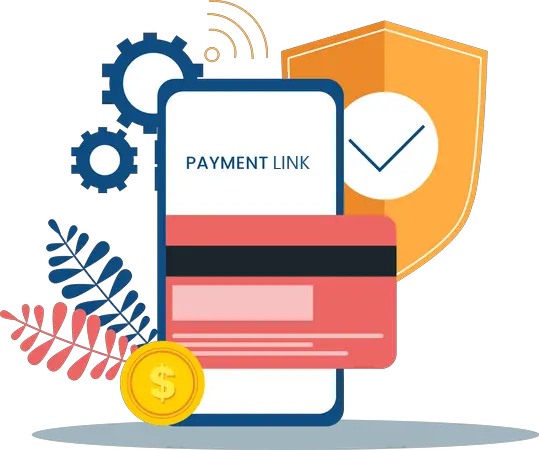
Building Trust with Customers
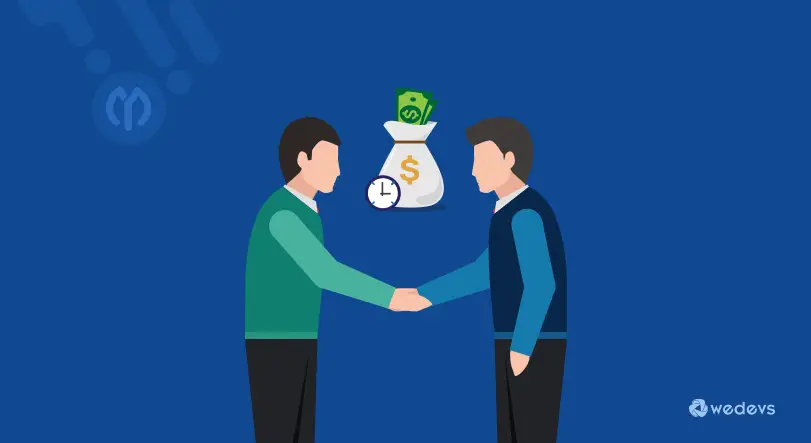
High-Quality Product Images
Use high-resolution images that showcase your products from various angles. Clear visuals can significantly impact purchase decisions.
Compelling Product Descriptions
Write detailed and engaging product descriptions that highlight features, benefits, and how they solve customer problems.
Launching Your Online Store
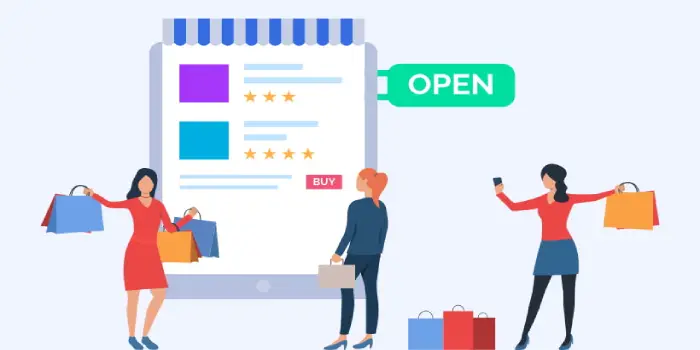
Testing and Quality Assurance
Thoroughly test your store’s functionality, including the checkout process, before launching to ensure a smooth customer experience.
Soft Launch vs. Grand Opening
Consider a soft launch to gather feedback and make adjustments before announcing your store’s grand opening.
Implementing Marketing Strategies

Social Media Promotion
Utilize platforms like Instagram, Facebook, and Pinterest to showcase your products, engage with your audience, and drive traffic.
Content Marketing
Create blog posts, videos, and other content that provides value to your audience and establishes your store as an authority in your niche.
Paid Advertising
Consider running paid ads on platforms like Google Ads and Facebook Ads to increase your store’s visibility and attract potential customers.
Providing Exceptional Customer Support

Live Chat
Offer live chat support to assist customers in real time and address any concerns they may have.
Clear Return Policies
Have transparent and customer-friendly return and refund policies to build trust and confidence.
Monitoring and Optimization

Analyzing Sales Data
Regularly analyze sales data and customer behavior to identify trends, popular products, and areas for improvement.
A/B Testing
Experiment with different elements of your website, such as product images, headlines, and calls to action, to optimize for conversions.
Scaling Your Online Store

As your store grows, explore options like expanding your product offerings, entering new markets, or collaborating with influencers.
Conclusion
Starting an online store is an exciting journey that requires careful planning, dedication, and a commitment to providing value to your customers. By following these steps and continuously adapting to the changing landscape, you can build a successful online store that resonates with your audience and fulfills their needs.
FAQs
- Do I need coding skills to start an online store? No, you can use user-friendly platforms like Shopify and WooCommerce that require minimal to no coding knowledge.
- How much capital do I need to start an online store? The required capital varies based on your niche, business model, and marketing strategies. Start small and scale as you grow.
- Can I sell products without creating them myself? Yes, you can collaborate with suppliers for dropshipping or sell products created by others through affiliate partnerships.
- Is SEO important for an online store’s success? Yes, optimizing your online store for search engines enhances its visibility and attracts organic traffic.
- How do I handle customer inquiries and support? Offer responsive customer support through channels like email, live chat, and social media to address inquiries and concerns.

